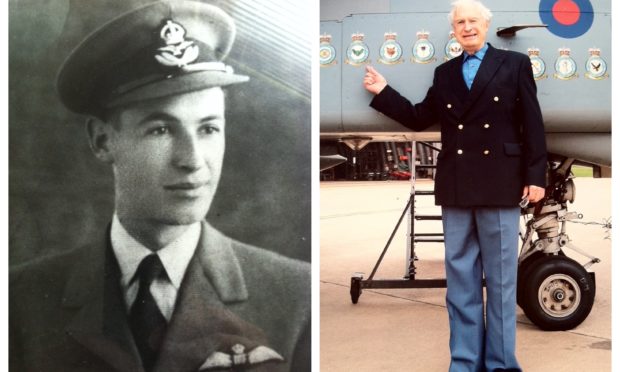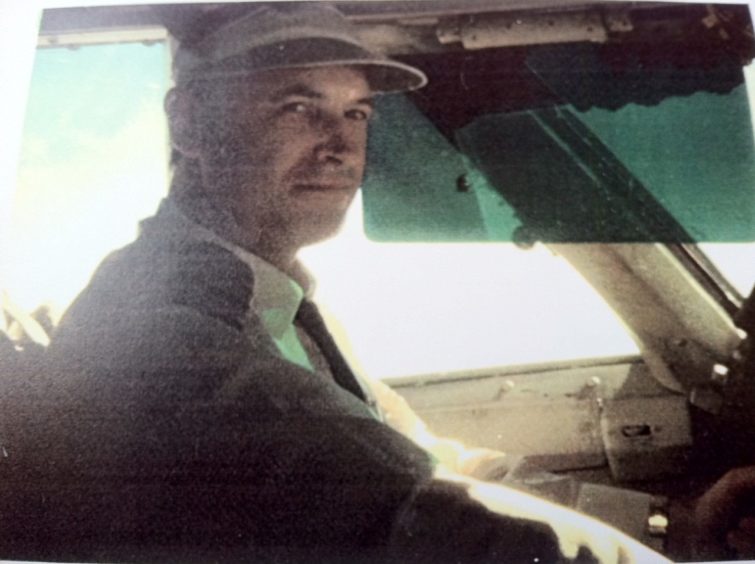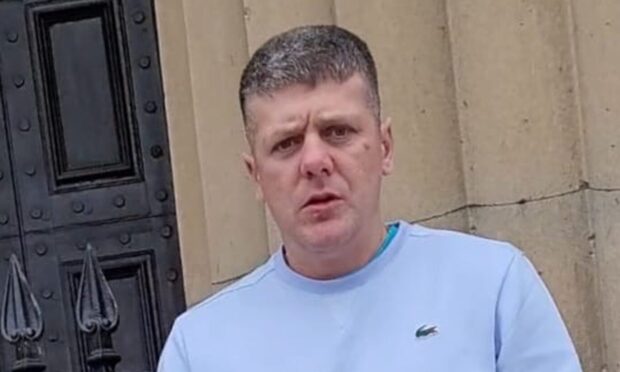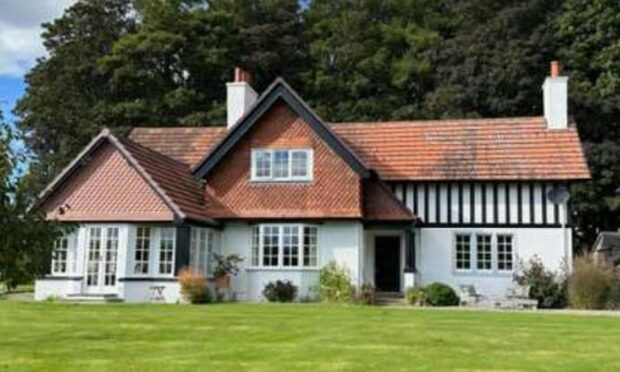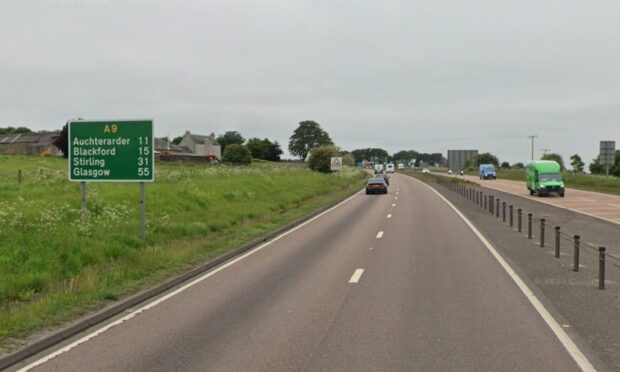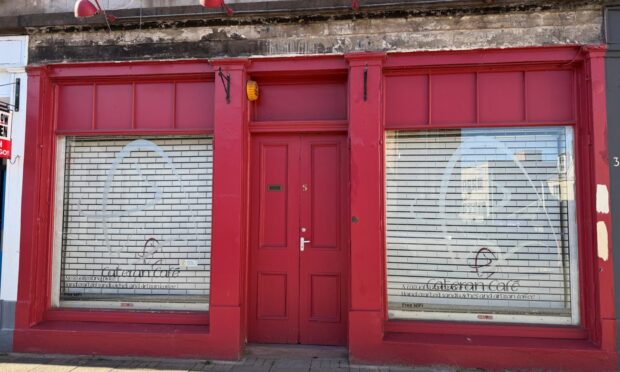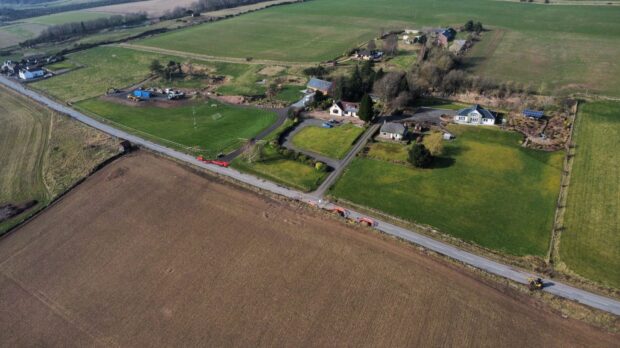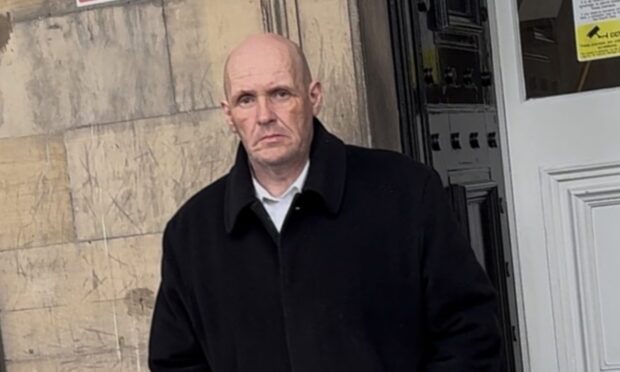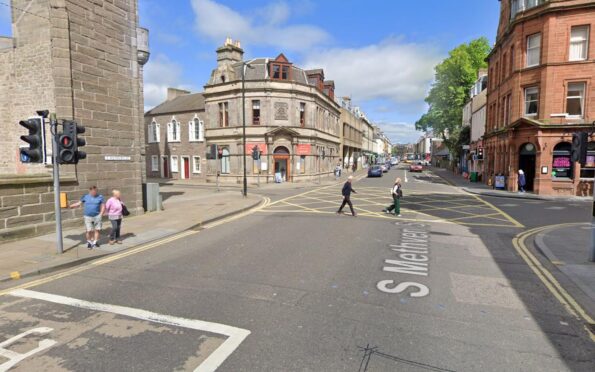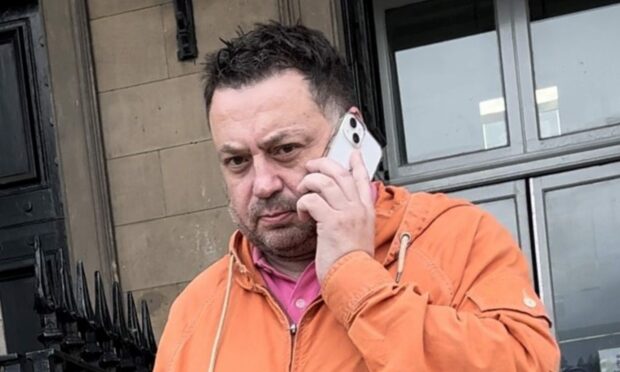A military flypast helped commemorate the life of a remarkable war hero who famously bombed Hitler’s home in the Bavarian Alps.
Captain Donald Macintosh, who won the Distinguished Flying Cross for his extraordinary achievements with the RAF in World War Two, was laid to rest at Crieff Parish Church.
The 96-year-old father-of-five died peacefully at his Perthshire home earlier this year, while being cared for by daughter Allyson.
The former airline pilot, known to friends as “Mac”, joined the RAF in 1941, aged 19, and trained on Tiger Moth and Stearman biplanes in the UK and Florida.
His talents were recognised at an early stage while, still under training, he successfully landed a stricken Wellington bomber with empty fuel tanks. His crew was the first to have survived such an incident.
Mr MacIntosh went on to lead a six-man team of the Bomber Commander IX Squad, flying Lancaster Bombers on 41 missions.
One of his raids was on Hitler’s home in Berchtesgadan, razing it to the ground. However, the Fuhrer had moved out before the operation.
Mr MacIntosh was awarded a Distinguished Flying Cross for his role in the sinking of the formidable German battleship, the Tirpitz.
>> Keep up to date with the latest news with The Courier newsletter
In 2016, he was awarded the French Legion d’Honneur, France’s highest military honour.
Allyson said: “It was an absolute honour and privilege to have him as my father.
“I’ve not only lost my dearest father, but my best friend.”
Former squadron leader Dicky James added: “Mac Macintosh was one of the most remarkable men I had the privilege to meet. He was clearly one of the most skilful pilots of his time.”
Alistair Montgomery, an RAF pilot in the Falklands war, also paid tribute. “He was beyond special,” he said.
In his book Sink the Tirpit, Capt Macintosh wrote about one of the most symbolic bombing raids of the war – the attack on Berchtesgaden, Hitler’s villa on the Austrian border.
“There were only a few planes ahead and, if there was any flak, I didn’t see it. Perhaps they were having tea at the Eagle’s Nest,” he said.
“‘Left, left – hard left! Bombs gone. Christ, we were on top of it before I saw it, Mac, and smoke from these other chaps’ bombs had drifted over it.’
“’Spring time in the Alps, fellas. Have a look,’ I said as we wheeled left in the traffic and saw the rest of the bomber stream flying in.
“On the way back, the ruins of Munich and Stuttgart lay peaceful and shattered beneath us, all their terrors gone.”
After the war, he worked as commercial airline pilot with British South American Airways for more than 30 years.
He also spent some time in the 1980s working for Miles Copeland, manager of rock band The Police.
He later moved to Crieff and was an instructor on flight simulators at Scone.
